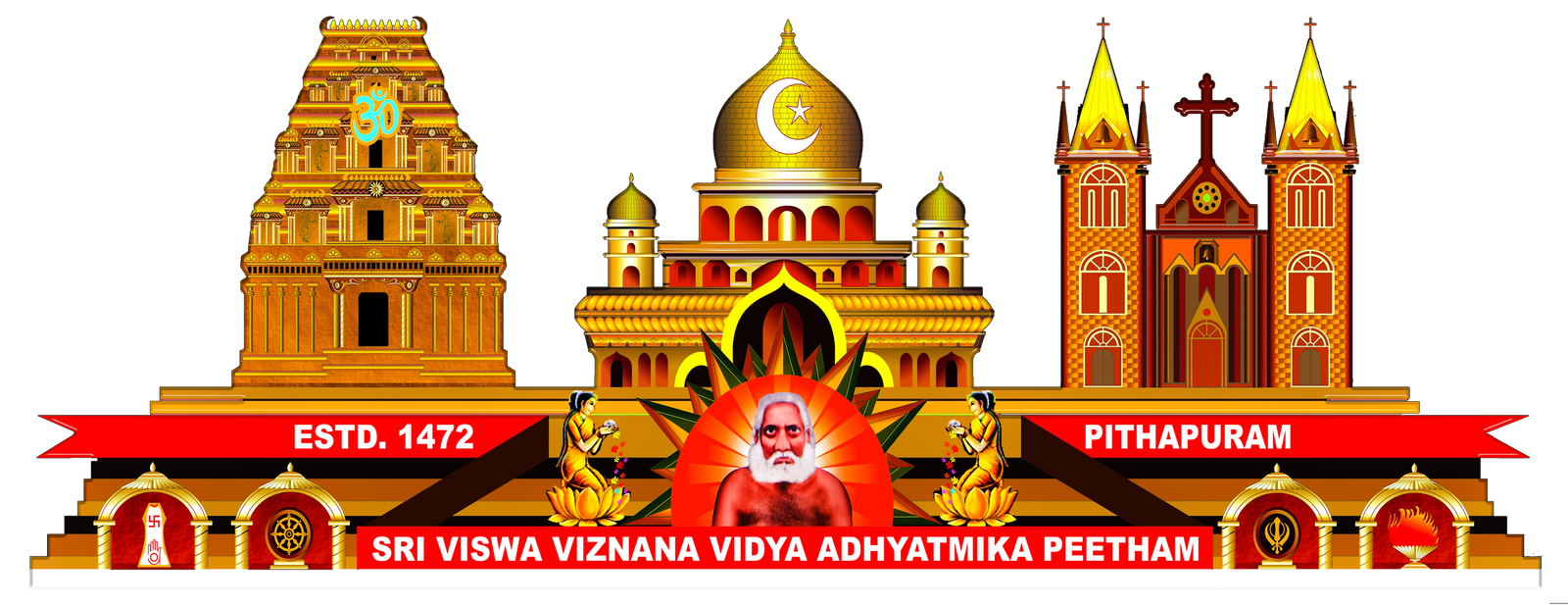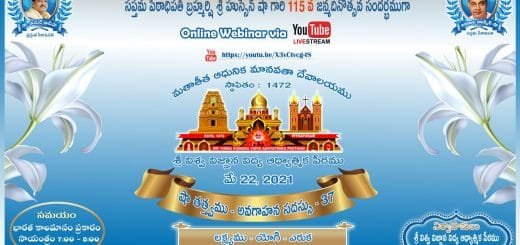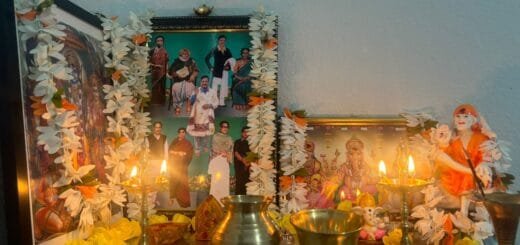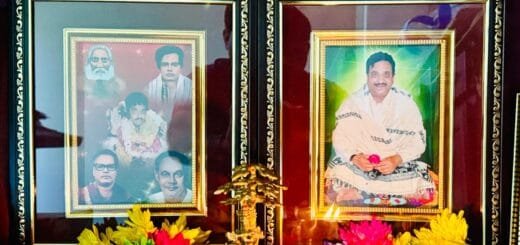Sha Philosophy – Chapter17: DIFFICULTY – HAPPINESS
“ Difficulty “ and “ Happiness “ are commonly used terms in this world.
Difficulty :
Man suffers from two types of difficulties, one is physical ( bodily difficulty ) and the other one is psychological ( mental ) . The experience of difficulties such as financial problems, hardships, insults etc. is transformed into psychological difficulties and causes grief.
When bodily pains , labors, disabled condition of the body due to impaired organs etc. are experienced, man mentions them as physical difficulties.
Happiness :
The experience of pleasure, contentment, peace and stability derived psychologically is said to be mental happiness. Possession of wealth, gold , lands, vehicles, physical health, beauty and pleasure derived by means of all these things is said to be happiness.
Not only human beings, but every moving and non-moving creature also have difficulty and happiness. Indeed these “ difficulties and happiness “ manifest as “ grief and delight “ respectively and are expressed accordingly. Even though the other creatures are not able to express such feelings as grief and delight, they too experience either grief or happiness just like human beings.
The soul, which manifests in human form, can express its “ grief or delight “, which it experiences in the form of “ difficulties or happiness “ , by means of gestures, feelings and also words to other human beings. In fact every creature leads its life in pursuit of happiness. Every creature indeed labors hard day and night with the ambition of enjoyment of happiness as long as it lives. However, every human being experiences grief only.
The way a poor man ( who wears rags and dwells under the shade of a tree ) suffers from immense grief and difficulties, in the same manner, the man who is addressed as emperor also has grief and difficulties, while leading his life as a ruler. The poor man, who dwells under the tree compares his life with the lifemof that emperor and grieves within. Similarly the emperor also grieves in the same manner when he sees the free and happy life of that poor man. In this way , under these conditions, human beings are leading their lives in disparity.
However, when we examine the human lives, we can certainly understand that, the “ grief and difficulties “ exceed the “ pleasure and happiness “ . But, man transforms himself into an ignorant due to the feelings of such dualities. While he experiences happiness, he becomes extremely delighted. Then the result of his actions, which he performs with arrogance and flurry lead himto a sorrowful and difficult state. After that he laments in distress. Like this, if we examine the state of affairs of human lives, we can realize that, the happiness is verily momentary. It is just like the repose between the consecutive waves of the sea. Therefore, grief itself is everlasting in the life. However, man always aspires to acquire happiness even by doing vile deeds. He is not in a position to understand the result of vile deeds, which manifest as grief only ! Even Chidaananda Swamis (the ascetics who are impassive and always derive spiritual bliss ), who express great bliss and contentment are also subjected to some sort of mental distress and which will drown them in grief only.
The stage in which man understands the above facts is foundation for his spiritual journey.
Man performs his journey of life in pursuit of happiness. In this pursuit he encounters many unbearable difficulties and laments in despair. He reviles his own life with self – pity and reaches into a state of Sunya ( blankness ). When he is in that situation ( i.e. between the “ difficulties and happiness “ or “ grief and delight “ ) he cries for that great divine energy, which originates from Eeswara ( God ) and thinks to reason out which one is the real eternal happiness ( bliss )! Then he aspires to accomplish it. In that situation he seeks the Guru ( Master ). In that state, even if that man obtains Sathguru ( True Master ), He also makes that man ( disciple ) suffer from a series of griefs . Though, he ( disciple ) is dejected , even in that pitiable condition also, the disciple should never lose faith in his Master and should totally surrender to Him with a resolution that, “ Sanyasi chesina Samraatu chesinaa neeve Swami “ ( Oh! Swami ( Master ), you may turn me into a mendicant ( ascetic ) or an emperor , but I am at your mercy!) . When Sathguru sees such a faithful and devoted disciple, who completely surrenders himself, Sathguru blesses and makes that disciple learn,
. How grief comes from happiness and also how happiness comes from grief.
. How to endure grief.
. How to gain the quality of transforming that endurance into bliss.
The disciple, who reaches this stage, equals his Guru. Such a great soul is fit to be called Dhukhaananda ( the man, who derives bliss out of grief). Indeed at every moment he enjoys eternal happiness or bliss.
Because of the blessings of his Guru, the questions such as,
. “ When life period is over, this body becomes prey for death, falls on ground and becomes fire-wood, will that dead body have any difficulty or happiness ?
. Will that dead body is suitable to experience difficulty or happiness ?”
Will flick his heart frequently and make him realize the Truth of eternal bliss. Once that realization is established permanently in his heart, whatever grief may comes to him, in that, he finds bliss only. The man, who reaches the state of such contentment , will be able to experience smile in grief and grief in smile equally with equanimity. Such a man indeed is the “ Philosopher “. When we say “ Philosopher “ , he is indeed always joyful. He is immutable to griefs. He won’t , indeed , have any sort of difficulties. Verily is he only a happy person.





